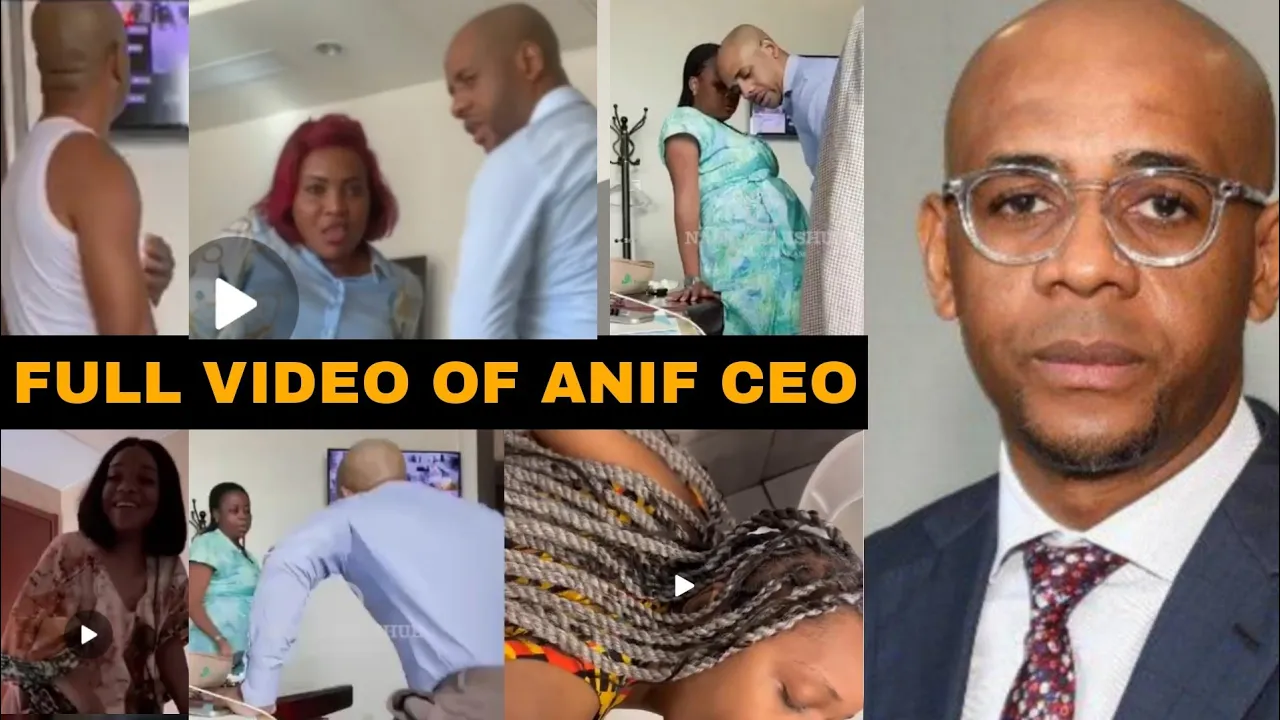Power, Scandal, and Privacy: The Baltasar Engonga Affair and Its Impact on Public Trust
The Baltasar Engonga scandal has sparked a firestorm of debate both in Equatorial Guinea and internationally. Engonga, the Director General of Equatorial Guinea’s National Financial Investigation Agency (ANIF), is at the center of a scandal involving over 400 explicit videos of encounters with multiple women, including relatives and partners of high-ranking officials. The tapes, discovered during an unrelated investigation into alleged corruption, were later leaked online, leading to public outrage and government condemnation of such misconduct in public office.
The scandal quickly spread on social media platforms, with videos circulating widely on Telegram channels like “Rat and Dog” and “Gistslover,” where people have debated Engonga’s actions and speculated about the motivations behind the leak. While some sympathize with Engonga, asserting the videos may have been maliciously AI-edited, others argue the scandal reveals deep-seated ethical issues and abuse of power among high-ranking officials in Equatorial Guinea

.
Engonga has responded by denying the allegations, claiming the videos are AI-edited fabrications intended to sabotage his career. Meanwhile, Equatorial Guinea’s Vice President Teodoro Nguema has emphasized a zero-tolerance approach, suspending officials implicated in the scandal and calling for strict adherence to ethical standards in public service. This development has sparked a broader conversation about accountability, privacy, and the potential for technology misuse in public controversies

.
The scandal serves as a potent reminder of the intersection between power, personal conduct, and public accountability, prompting some to question the safeguards in place to prevent abuses by high-level officials and protect public trust in governance.



